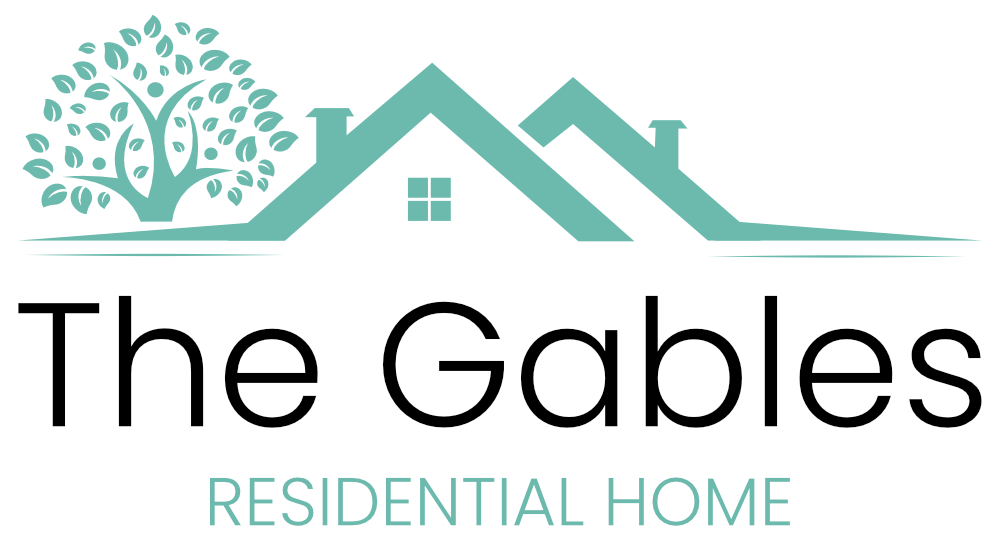Falls are a major cause of visits to A&E hospital departments. Most falls don’t cause serious injury but can leave you feeling distressed, and over the long term can lead to a loss of self-confidence and independence.
What causes falls in the elderly?
As we grow older, changes in our bodies such as deteriorating eyesight, weakening muscles and stiffening joints can all contribute to problems with balance and poor muscle tone which increase the risk of falling.
Add health problems into the bargain – whether you have a long term condition such as diabetes or dementia, you’re recovering from a serious illness or surgery, such as stroke or heart problems, or suffer a short term illnesses, such as flu or urine infection – and your risk of falling increases significantly.
Risk factors for falls
There are many factors to be aware of that can significantly increase the risk of falling. These include:
- Hazards in the home – Slippery surfaces(such as bathroom or kitchen floor tiles), internal steps, uneven garden paths, rugs on the floor and inadequate lighting can all cause problems even in the very familiar surroundings of your own home.
- Sensory and balance problems – Reduced sensation (common in diabetes) , muscle weakness, poor balance or impaired vision can all impair freedom of movement.
- Medicines – The side effect of any medicine, or combination of medicines, can potentially be a risk factor so need to be taken into careful consideration.
- Poor fitting footwear – Loose slippers or shoes that don’t fit properly are an obvious hazard that can be easily be corrected.
- Incontinence – Rushing to get to the toilet or having to deal with awkward and bulky pads can cause problems.
- Chronic disease – Parkinson’s disease, stroke, dementia, delirium, low blood pressure, arthritis, diabetes, depression and osteoporosis are all major risk factors.
How to reduce the risk of falls in the elderly
If you’ve had a fall, don’t just dismiss it as an inevitable part of getting older, lack of concentration or clumsiness. Seek help – because there are plenty of things you can do to reduce your risk.
Contact us at The Gables Residential Home, Oakwell, Derby
Here at The Gables, our residential care home has been designed to improve safety and ease accessibility for those with mobility issues whilst also providing families with the reassurance of knowing that help and support is on hand for our residents whenever needed 24 hours a day, 7 days a week.
For a friendly chat, and to find out how we could help you, please give us a ring on 01332 280106 or email care@gableshome.co.uk

